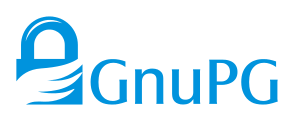| English: from http://logo-contest.gnupg.org/subm-6.html, copyright info see http://gnupg.org/misc/logo-contest.en.html (Photo credit: Wikipedia) |
Folks, I've been on a privacy jag for over a year now since whistle blower Edward Snowden broke the story of how the NSA monitor everybody's electronic communications (PRISM).
It is understandable that many have been reluctant to start using email encryption. But there is no risk and if done with strong encryption such as free open source Gnu Privacy Guard (GPG), you can be assured that only your intended recipient will be able to open and read your mail.
So, with that, today I am bringing to your attention a youtube video put up by none other than Edward Snowden himself wherein he provides a step-by-step tutorial of how to encrypt your email with a Windows version of GPG encryption, called GPG4Win.
So, even if you aren't a Windows user per se, you can watch to get a feel for the steps required to set up your public/private key pair and publishing to a key server and how to import a public key from one of your email contacts who has set up encrypted email also.
I use Fedora 20 LXDE with Evolution and GPG. Once you've created the keys, you don't have to repeat the same process. It is a 'one-time' affair and then creating and sending email is done with the existing GPG keys in place.
It's not hard after you've done it a few times. Trust me. It will make sense.
Here's Edward Snowden's youtube tutorial. Enjoy! -- Dietrich































